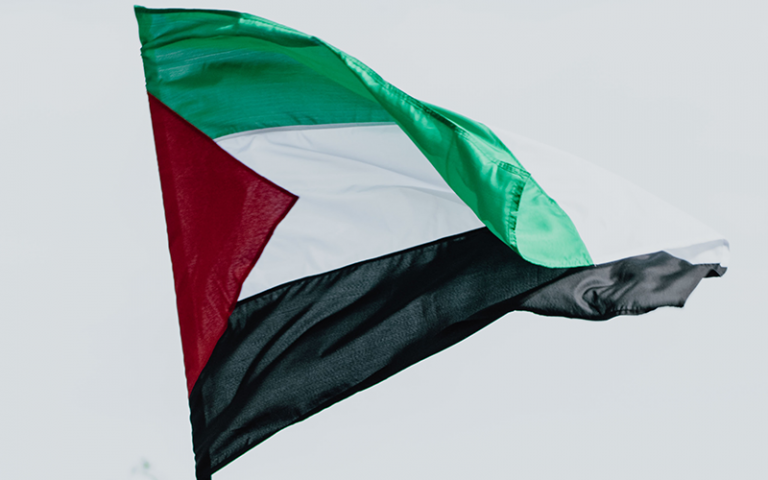Dr Seth Anziska’s research in the history of Palestinian statelessness has reached audiences across the world, and his findings have reshaped policy discussions about the Israeli-Palestinian conflict.

Dr Seth Anziska is the Mohamed S. Farsi-Polonsky Associate Professor of Jewish-Muslim Relations at UCL. His research into the history of Palestinian statelessness has reached diverse public audiences across the Middle East, US and Europe, and his findings have reshaped contemporary policy discussions about the political horizons of the Israeli-Palestinian conflict with policymakers, diplomats in the US and Europe, and leading Israeli and Palestinian officials.
In Preventing Palestine: A Political History from Camp David to Oslo, Dr. Seth Anziska re-evaluates the 1978 Camp David summit and traces its impact on the limited political horizons for Palestinian sovereignty. The summit brought Menachem Begin, Israeli Prime Minister; Anwar al-Sadat, Egyptian President and Jimmy Carter, US President together for 13 intensive days of negotiations, and the result has often been depicted as Carter’s greatest diplomatic success. But the new sources uncovered by Anziska reveal a more troubling story about Palestinian political disenfranchisement that went together with the crafting of a bilateral peace treaty between Israel and Egypt. The rights of non-Jewish residents in the occupied territories were relegated to separate discussions over autonomy between Egypt, Israel, and the US. The outcome of these talks stripped Palestinians of national or collective political sovereignty in favour of limited self-rule, separating individuals from territory alongside the physical expansion of Israeli settlements.
Anziska has presented his findings to government officials and policy experts from Palestine, Jordan, the US, the UK, Norway, and Sweden, among others. He spoke to audiences of 200+ people alongside leading figures including Shlomo Ben Ami, former Israeli Minister of Foreign Affairs; Areej Sabbagh-Khoury, Palestinian scholar, and Sari Nusseibeh, the former President of Al-Quds University in Jerusalem.
In Washington, DC Anziska presented his findings to the Foundation for Middle East Peace (FMEP) and Middle East Institute (21 September 2018) to over 150 attendees. FMEP’s goal was “to expose an audience of subject-matter experts, diplomats, think tank analysts, and activists to Anziska’s research, in order to challenge them to think beyond the existing and past peace paradigms, and to energize and empower them to imagine what a serious, viable way forward will entail”. The President of the FMEP, confirms that it was “a tremendous success in achieving that goal”.
As the first scholar to utilise much of the most recently declassified sensitive historical material on the 1978 Camp David Accords and the 1982 Lebanon War, Anziska made these primary sources available as an online archival resource. Sabra and Shatila: New Revelations, published in The New York Review of Books in 2018, contextualised and made accessible 400+ pages of primary source material for those who cannot access archives directly, often for political reasons of limited access to Israel for Arab and Palestinian researchers. Publication of newly uncovered material in an open-source format has followed in the Journal of Palestine Studies and Jadaliyya.
 Close
Close

